ARM Recognizes Black History Month 2024
Published: 26 February 2024

February is Black History Month, and the Atmospheric Radiation Measurement (ARM) user facility wants to honor Black scientists whose contributions have advanced our understanding of earth and atmospheric sciences.

“I am driven to ensure that scientific education and careers are equally accessible to people from all walks of life, and that academic workplaces are free from bias and harassment.”
Asmeret Asefaw Berhe, U.S. Department of Energy (DOE) Office of Science Director
Berhe brings to the DOE Office of Science an accomplished record of research on Earth’s climate and the dynamic two-way relationship between the natural environment and human communities.
Learn more about Berhe.
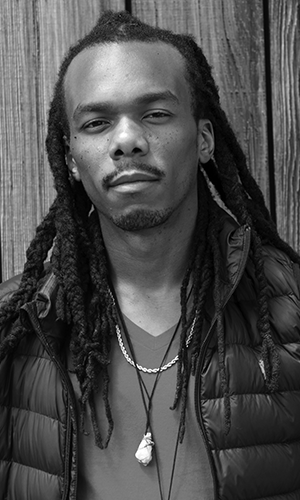
“Mentoring to me is a priority. You have to be the change you want to be.”
Osinachi Ajoku, Atmospheric Scientist
Ajoku, a Howard University researcher, is overseeing a project on modeling marine cloud impacts of biomass burning in sub-Saharan Africa. In addition to research and teaching, he leads ARM’s User Executive Committee (UEC) subgroup on undergraduate engagement with a focus on diversity. Read Ajoku’s UEC profile.
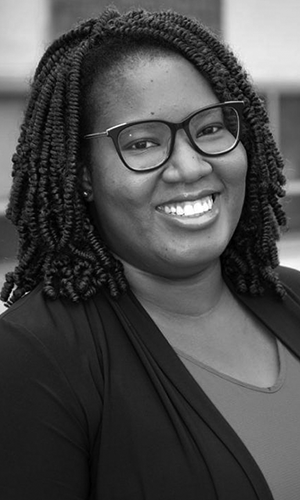
“Representation matters, and I hope to be a source of encouragement and inspiration to young girls who have STEM-related aspirations.”
Ogochukwu Enekwizu, ARM Instrument Mentor
Enekwizu is a postdoctoral research associate at Brookhaven National Laboratory, where she studies the black carbon particles emitted by wildfires. Within ARM, she serves as an associate instrument mentor for the cloud condensation nuclei particle counter, single-particle soot photometer, and aethalometer.
Learn more about Enekwizu.
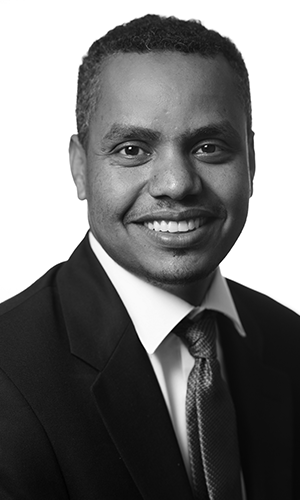
“Collectively, we have the tools to solve our water problems. Humankind is a very resourceful and cooperative species. That is what gives me hope.”
Samson Hagos, Earth Scientist
Hagos models the life cycles and decadal variability of precipitation and extreme weather events across various regional and global scales. Much of his recent research at Pacific Northwest National Laboratory is funded by DOE’s Atmospheric System Research (ASR) program.
Read Hagos’ ASR profile.
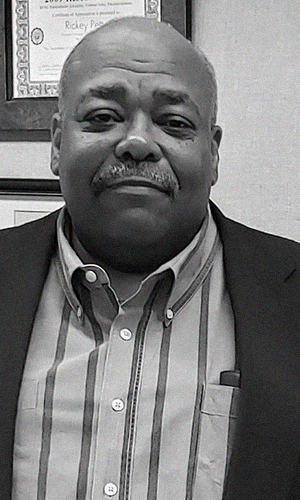
“I’ve had a lot of fun in atmospheric science, just by being an observer of reality.”
Rickey Petty, Meteorologist and ARM Aerial Facility Program Manager (retired)
Petty led the growth of the ARM Aerial Facility from its inception in 2006 until his retirement in 2020. During his DOE career, Petty witnessed the agency’s airborne systems in their infancy and helped shape their development. Read Petty’s ARM profile.
Vernon Morris of Arizona State University leads a multidecadal series of trans-Atlantic field campaigns to collect in situ observations of aerosols within the Saharan air layer across the remote ocean.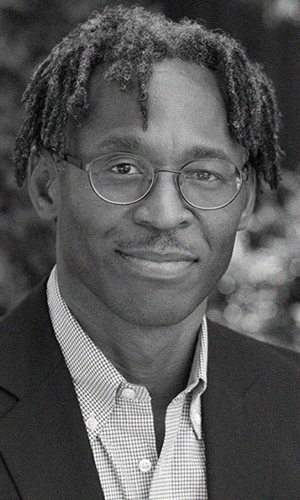
Vernon R. Morris, Atmospheric Scientist
Morris is a past member of the ARM Science Board, an independent review board that ensures ARM is used to conduct the highest-quality science. He has dedicated his career to mentoring early career scientists from underserved backgrounds. Learn more about Morris.
“We estimated by flying along with the sun we could extend the length of observation time for the eclipse.”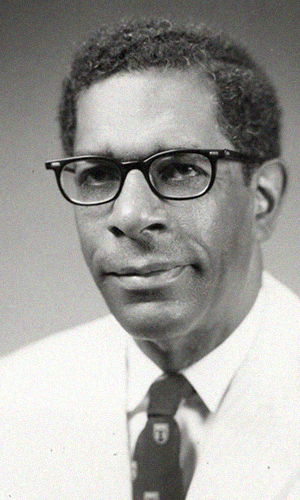
Charles E. Anderson, Meteorologist
The first African American to earn a PhD in meteorology, Anderson was a meteorologist for the Tuskegee Airmen and later did pioneering work to reduce contrails of high-altitude jet aircraft as well as research focused on cloud and aerosol physics. Learn more about Anderson.
“It’s awesome how GPS technology has changed the thinking and the capabilities of the world.”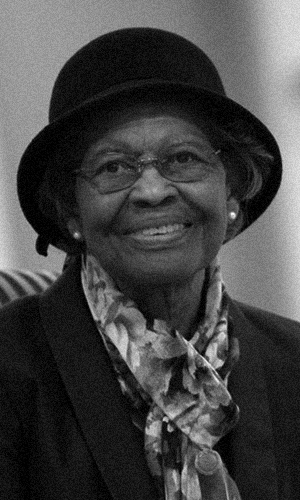
Gladys West, Mathematician
Among many other accomplishments, West is known for her work developing GPS, an important tool to understand climate and changing earth systems. Learn more about West.
“We’re going to have to face up to something that’s going to affect our children and grandchildren. I think what really wins out over time is that the science will speak for itself.”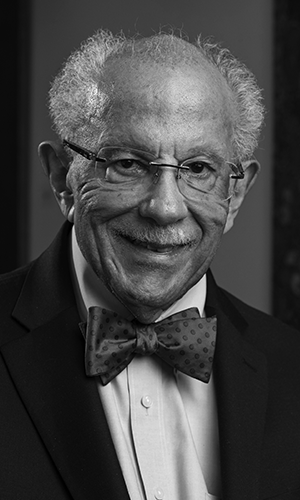
Warren M. Washington, Atmospheric Scientist
Washington, the second African American to earn a PhD in atmospheric sciences, was one of the first to develop atmospheric computer models that help scientists understand climate change.
Learn more about Washington.
“The most peculiar aspect of climate change is that the populations that contribute least to the problem … are most likely to feel its impacts.”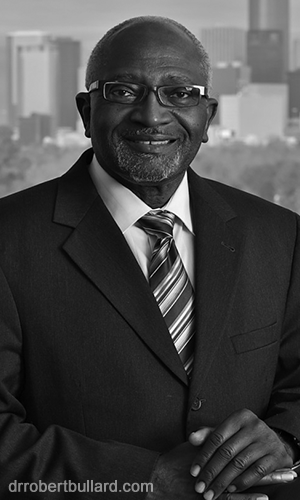
Robert Bullard, Academic
Known as the “father of environmental justice,” Bullard co-founded the Historically Black College and University (HBCU) Climate Change Consortium. He is the director of the Bullard Center for Environmental and Climate Justice at Texas Southern University. Learn more about Bullard.
“Environmental challenges have the power to deny equality of opportunity and hold back the progress of communities.”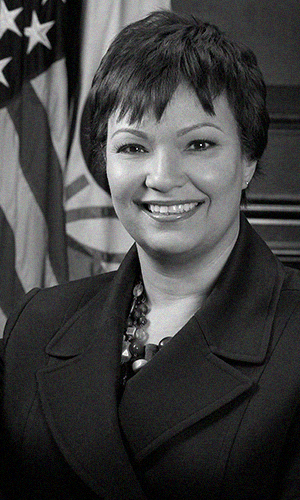
Lisa P. Jackson, Chemical Engineer
With a career-long focus on climate change, water, and air quality, Jackson—in 2009—became the fourth woman and the first African American to run the Environmental Protection Agency, which sets environmental policy for the nation. Learn more about Jackson.
Keep up with the Atmospheric Observer
Updates on ARM news, events, and opportunities delivered to your inbox
ARM User Profile
ARM welcomes users from all institutions and nations. A free ARM user account is needed to access ARM data.


















